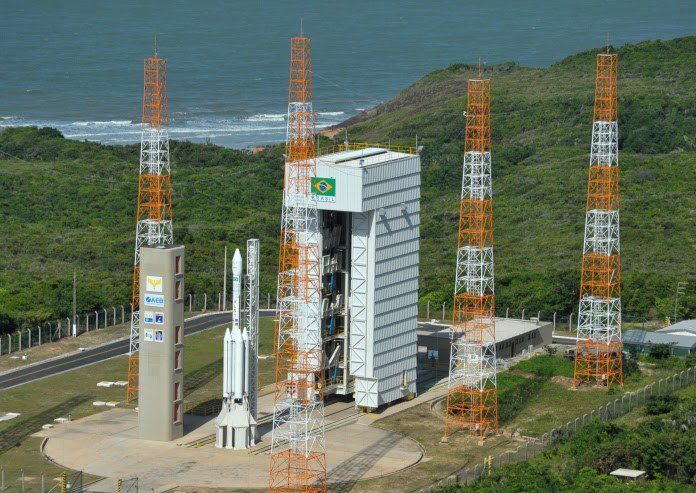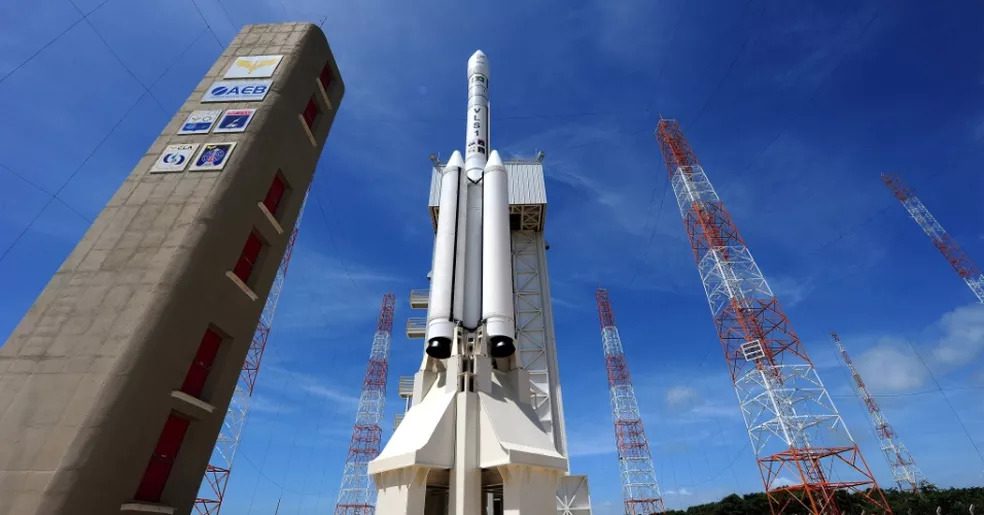Brazil has implemented considerable changes for greater precision and safety in satellite launches
Air Force Agency – DCTA, by Lt. Andreza and Lt. Alessandra Borges
August 22, 2023, marks the 20th anniversary of the most significant accident involving a Satellite Launch Vehicle (VLS) in Brazil. Since then, many changes have been implemented with new technologies and systems that ensure greater precision and safety in launches, promoting significant advances in the development of the Brazilian Space Program (PEB).
The continuation of strategic projects developed by the Aeronautics and Space Institute (IAE), the Alcântara Launch Center (CLA) and the Barreira do Inferno Launch Center (CLBI) is a way of honoring the 21 heroes of Alcântara, professionals who left an immeasurable legacy of knowledge for the continued progress of the Brazilian aerospace segment.
“The dedication of the IAE staff to Brazil’s conquest of space and the success of the projects developed are the best way to honor our Alcântara Heroes,” emphasizes the Institute’s Director, Air Brigadier Frederico Casarino.
The Alcântara Launch Centre (CLA), a military organization under the Department of Aerospace Science and Technology (DCTA), responsible for launching and tracking aerospace devices, has intensified investment in updating a series of systems to improve safety and all the logistics surrounding this activity.
For CLA’s Director, Colonel Engineer Fernando Benitez Leal, continuing to allocate resources to modernize the Centre means contributing to the progress of scientific and technological solutions in the field of Aerospace Power.

“Since it was founded in 1983, CLA has been concerned with using the latest technologies to fulfill its mission of Preparing, Launching and Tracking Launch Vehicles and their Payloads. Speaking specifically of the post-accident period, CLA has invested heavily in modernizing the Tracking Data Processing Systems, acquiring new radars and meteorological forecasting and probing equipment, training its military personnel and employees through courses and training that simulate launches of all sizes, as well as energy security to ensure that all activities are carried out effectively and safely, within international standards,” explains the CLA Director.
The Colonel also highlights the Center’s great achievements for the benefit of the PEB, such as the two launches of the VLS-1 prototypes, in 1997 and 1999, and the campaigns for the VSB-30 rockets, Operations Cruzeiro (2021) and Santa Branca (2022), the second operation being to qualify the national module that carries the experiments carried out in microgravity. In this case, we now have a 100% national launch vehicle.
In 2023, the first foreign private vehicle, the HANBIT-TLV, was launched from CLA. The hybrid propulsion rocket from the South Korean company INNOSPACE inaugurated the era of using Brazilian Launch Centers.

Photos: DCTA and CECOMSAER Archive
